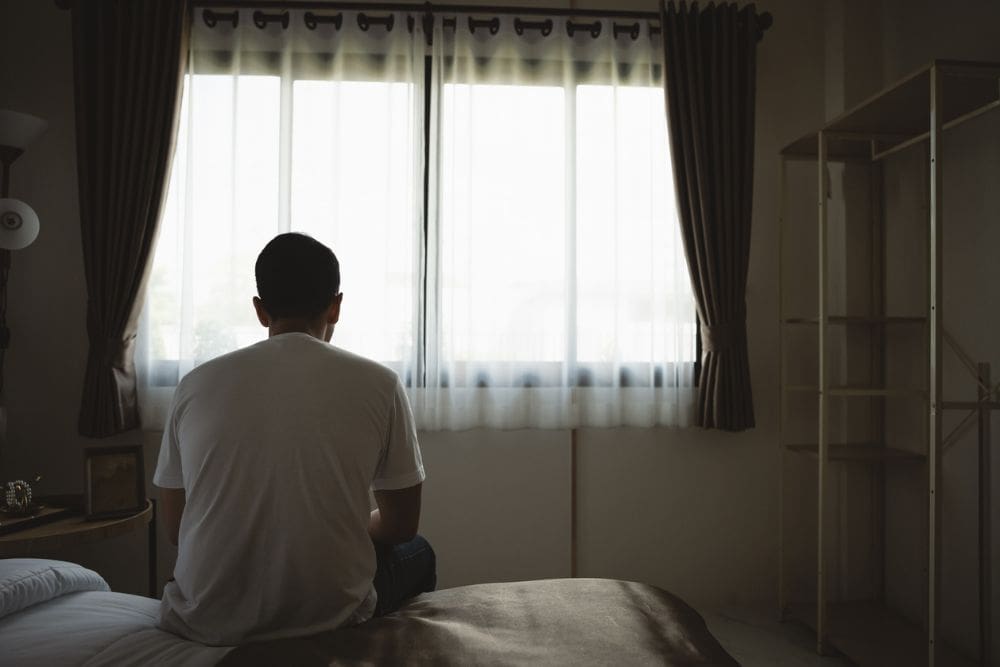There’s a reason the idea of the “tortured genius” has such a hold on our imagination. From Vincent van Gogh to modern pop icons, society loves the image of the brilliant, unstable artist—someone whose creativity burns so brightly it threatens to consume them. But behind the glamourized chaos lies a harsher truth: untreated bipolar disorder can devastate lives just as easily as it can inspire art.
Understanding Bipolar Disorder
Bipolar disorder is a medical condition that causes cycles of depression and mania (or hypomania). These mood swings influence sleep, energy, motivation, and judgment. It’s not a personality quirk or an artistic temperament. It’s a serious mental health condition that requires care and monitoring.
Because bipolar disorder exists on a spectrum, symptoms can look very different from one person to another. Some may experience long periods of stability between episodes; others may cycle rapidly between highs and lows. Regardless of presentation, the condition requires consistent monitoring and support.
Treatment Doesn’t Kill Creativity—It Protects It
Treatment for bipolar disorder helps people separate their authentic creative impulses from the chaos of untreated symptoms. It provides the stability and clarity needed to create intentionally, instead of in response to mania or depression.
Medication
Medication is often a cornerstone of bipolar disorder treatment. Mood stabilizers, antipsychotics, and antidepressants are tailored to each person’s specific pattern of symptoms. While finding the right medication can take time, the goal is balance—not suppression of the creative ideas that bring you personal fulfillment.
When moods even out, people with bipolar disorder often find they have more consistent energy for creative work. Instead of swinging between intense productivity and exhaustion, they can sustain a healthier rhythm. Improved focus and concentration make creative efforts more sustainable.
Therapy
Therapy complements medication by offering structure, understanding, and long-term coping strategies. Several evidence-based approaches have proven especially effective for managing bipolar disorder.
- Cognitive-Behavioral Therapy (CBT). Focuses on identifying and changing unhelpful thought patterns and behaviors. CBT helps you challenge negative self-talk, reduce guilt or shame, and replace self-defeating beliefs with more balanced thinking.
- Dialectical Behavior Therapy (DBT). Combines mindfulness with emotional regulation and distress tolerance skills. DBT teaches practical ways to manage intense emotions, set boundaries, and navigate conflicts without losing stability.
- Interpersonal and Social Rhythm Therapy (IPSRT). Emphasizes the importance of daily structure and consistent routines. IPSRT helps you understand how sleep patterns, social interactions, and biological rhythms influence mood—then guides them in maintaining balance over time.
Therapy fosters self-awareness—a crucial ingredient for meaningful creative expression. When you understand your emotional landscape, you can draw inspiration from it safely and intentionally.
Lifestyle Modifications
Medication and therapy are most effective in managing bipolar disorder when they are supported by healthy daily habits.
- Prioritize consistent sleep. Irregular sleep is one of the strongest triggers for mood episodes. Try to stick to a regular bedtime and wake-up schedule to keep your body’s internal rhythm balanced.
- Eat nutritious meals. Balanced nutrition fuels both body and brain. Stable blood sugar levels and proper hydration help you maintain energy and focus throughout the day.
- Stay physically active. Regular movement helps you reduce stress, release endorphins, and improve your overall mood stability. If you don’t like organized sports or hitting the gym, going for a walk outside and drawing creative inspiration from nature is a great alternative.
- Nurture relationships with the people you care about. Healthy relationships provide accountability, perspective, and emotional grounding. Even brief check-ins with trusted friends can help prevent feelings of isolation.
- Set creative boundaries. Learn to recognize when to rest, when to work, and when to pause. Creativity flourishes in balance, not exhaustion.
Artists Who Choose Healing
Many people fear that stability equals boredom. But in truth, stability offers freedom—the ability to create without chaos and to express without self-destruction. When the symptoms of bipolar disorder are managed, the mind is clearer, energy is steadier, and creative work can become more deliberate and fulfilling.
Many well-known artists have shown that creativity and mental health care can coexist—and even enhance one another.
- Halsey uses music and visual art to process her experiences, noting that therapy and medication keep her grounded enough to keep creating.
- Demi Lovato has shared her ongoing experience with bipolar disorder, showing that treatment and self-care enable her to continue exploring her creative side.
- David Harbour, best known for his role in Stranger Things, has spoken candidly about being diagnosed with bipolar disorder. He credits medication, therapy, and a supportive community for helping him find stability and purpose.
- Stephen Fry brought visibility to bipolar disorder through his BBC documentary The Secret Life of the Manic Depressive. After years of extreme highs and lows, Fry found balance through treatment and self-understanding.
These examples underscore an important truth: seeking help doesn’t make you less of an artist. Instead, it gives you the tools to build a longer, more fulfilling creative life.
Healing Doesn’t Mean Losing Your Spark
At Raleigh Oaks Behavioral Health, we understand the unique needs of men and women living with bipolar disorder—especially those who identify as artists, actors, musicians, writers, or free thinkers. You shouldn’t have to sacrifice your imagination to feel safe and well.
You deserve a treatment plan that supports both your mental health and your passions. Our programs are designed to help you manage mood swings, develop coping strategies, and feel more in control of your life. Contact us today for a free, confidential assessment or to learn more about the programs available at our Garner, North Carolina, facility.





